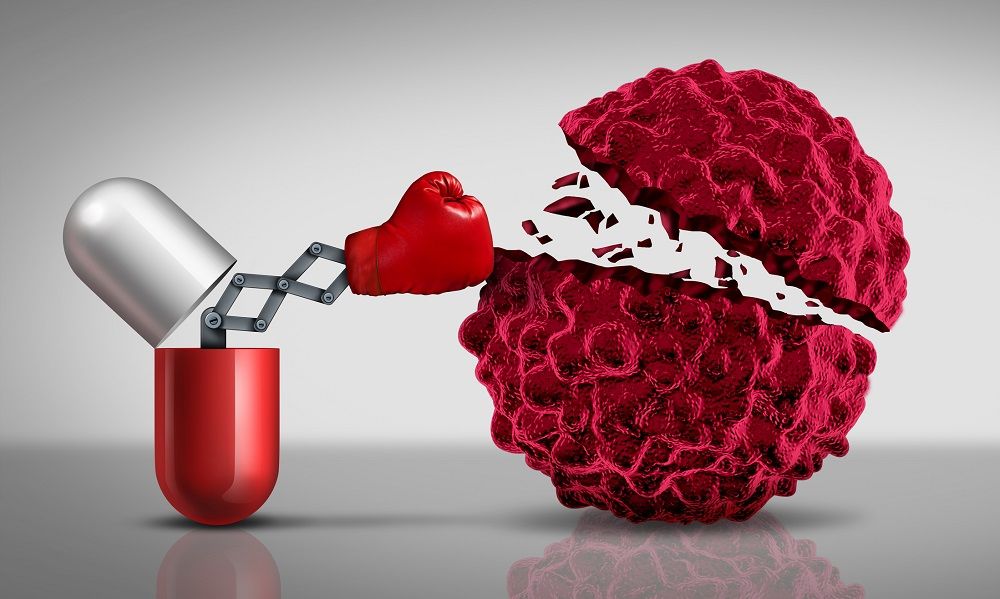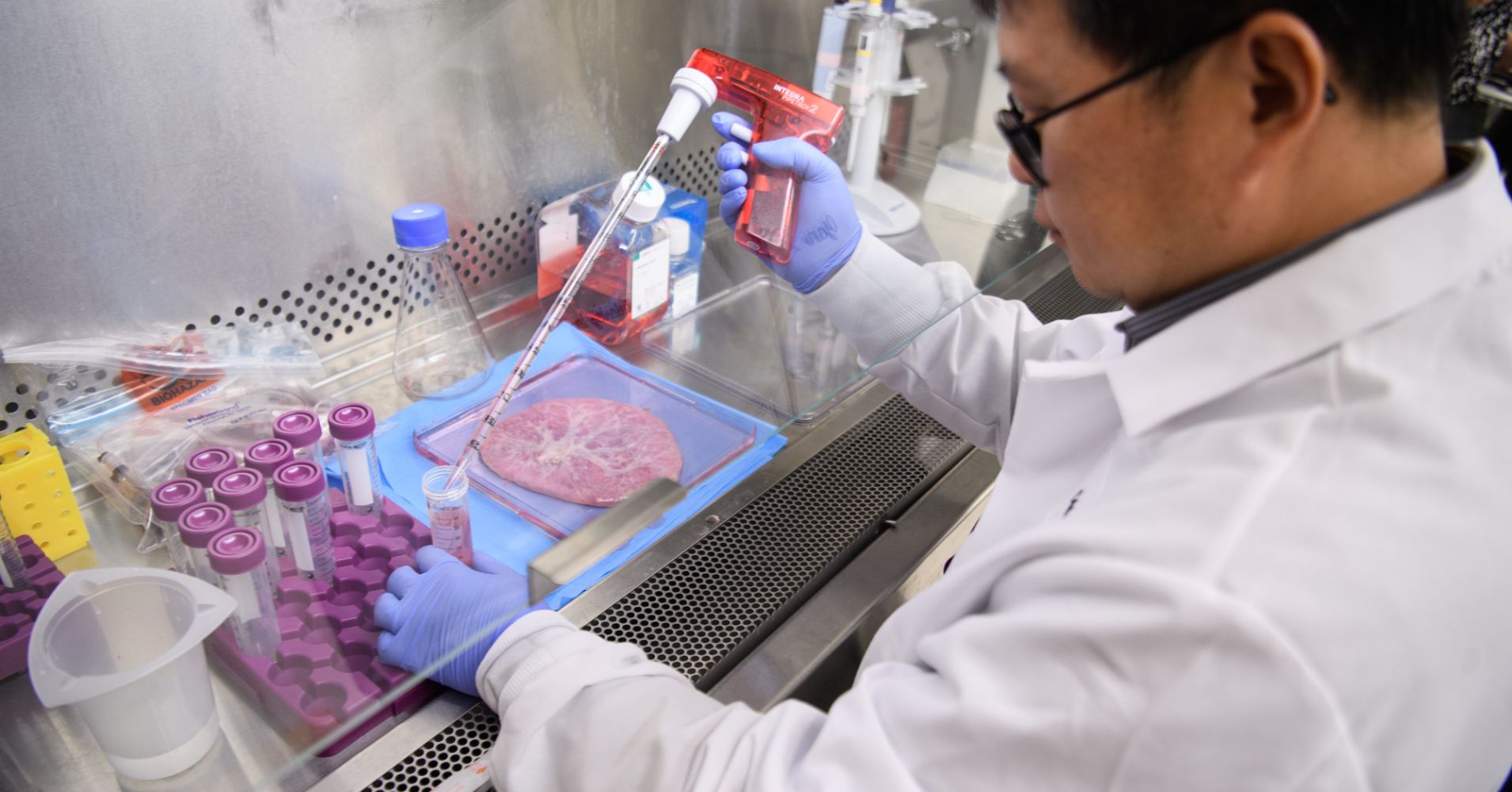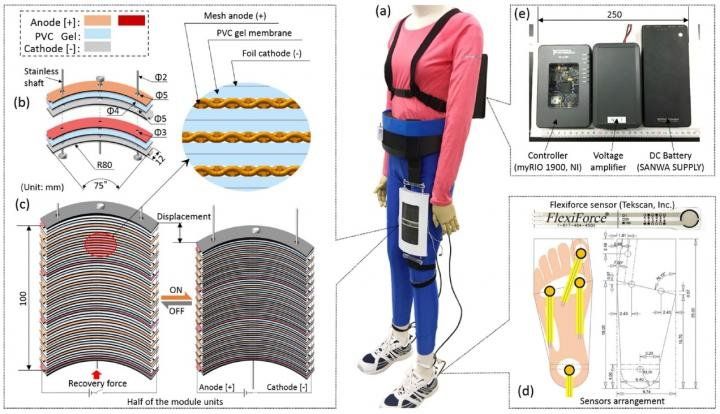A collaborative research team has designed a wearable robot to support a person’s hip joint while walking. The team, led by Minoru Hashimoto, a professor of textile science and technology at Shinshu University in Japan, published the details of their prototype in Smart Materials and Structures, a journal published by the Institute of Physics.
“With a rapidly aging society, an increasing number of elderly people require care after suffering from stroke, and other-age related disabilities. Various technologies, devices, and robots are emerging to aid caretakers,” wrote Hashimoto, noting that several technologies meant to assist a person with walking are often cumbersome to the user. “[In our] current study, [we] sought to develop a lightweight, soft, wearable assist wear for supporting activities of daily life for older people with weakened muscles and those with mobility issues.”
The wearable system consists of plasticized polyvinyl chloride (PVC) gel, mesh electrodes, and applied voltage. The mesh electrodes sandwich the gel, and when voltage is applied, the gel flexes and contracts, like a muscle. It’s a wearable actuator, the mechanism that causes movement.






